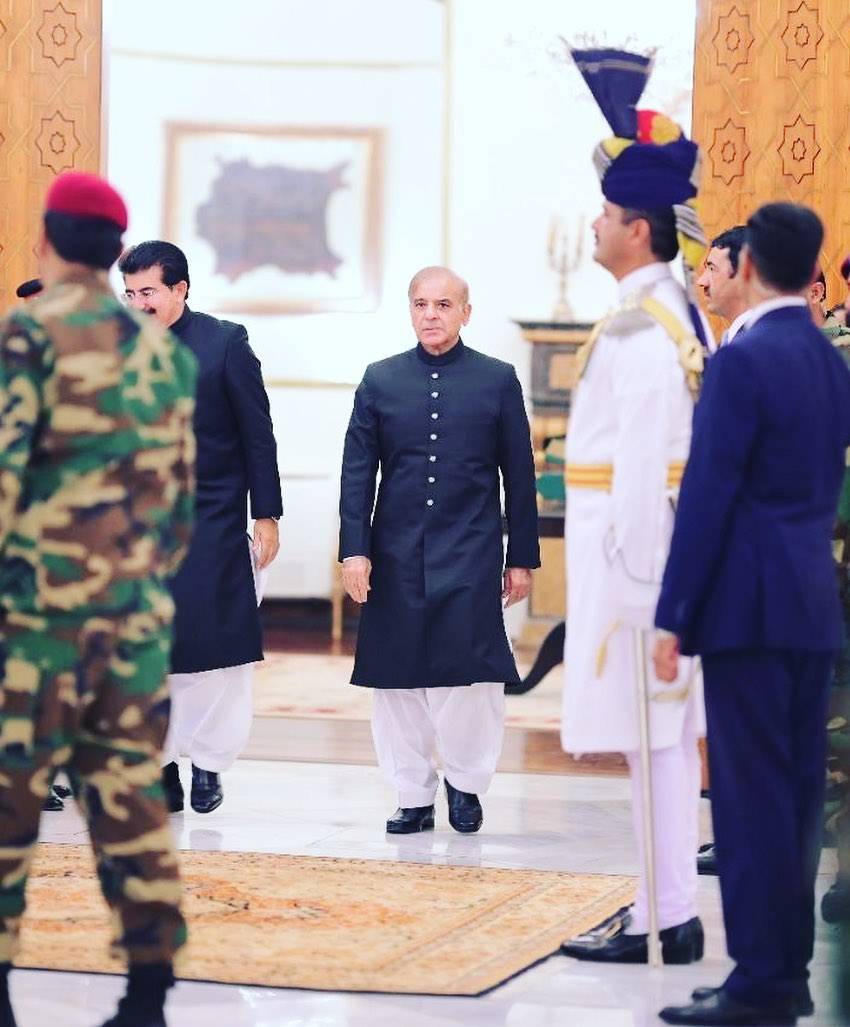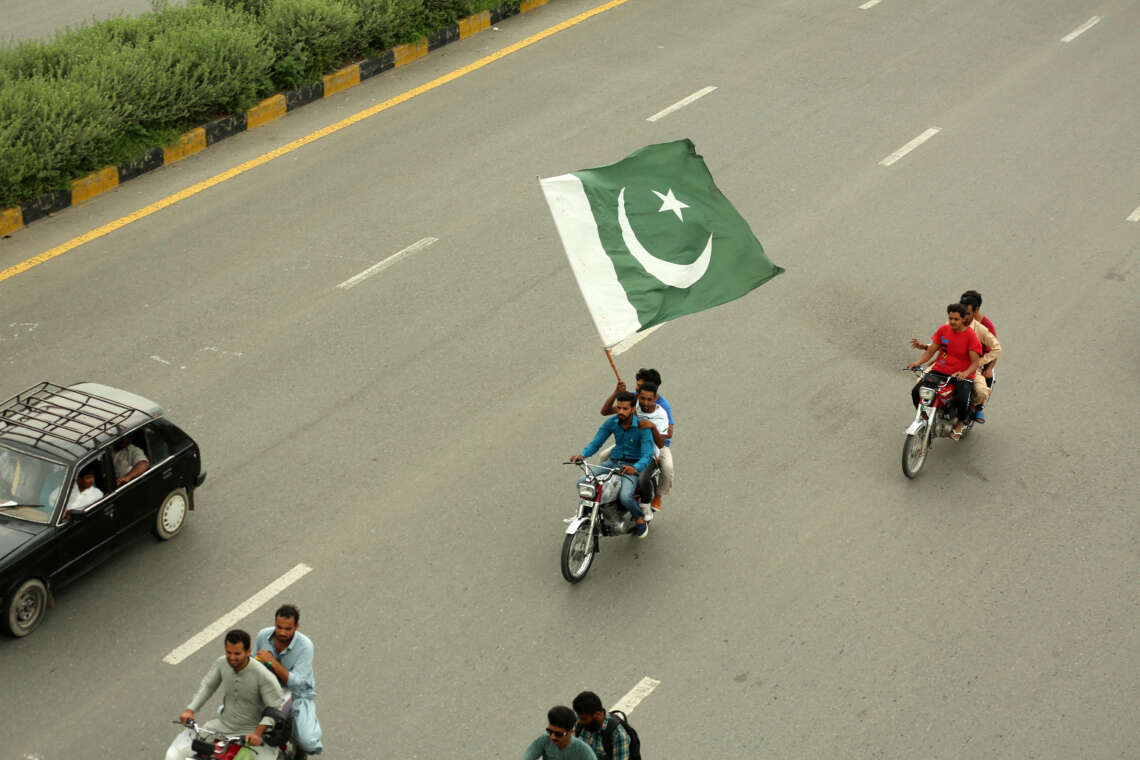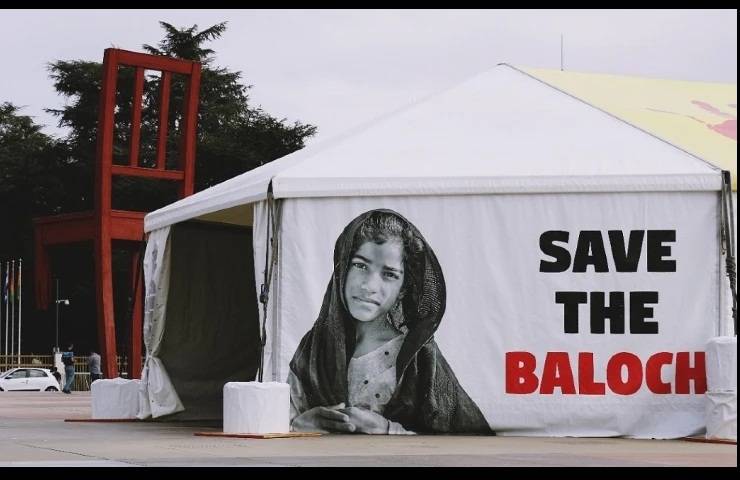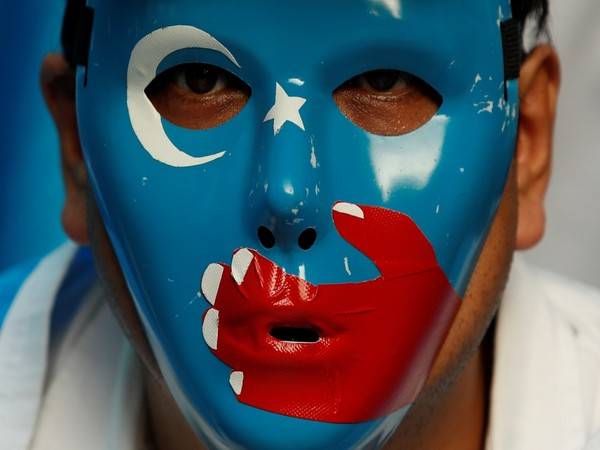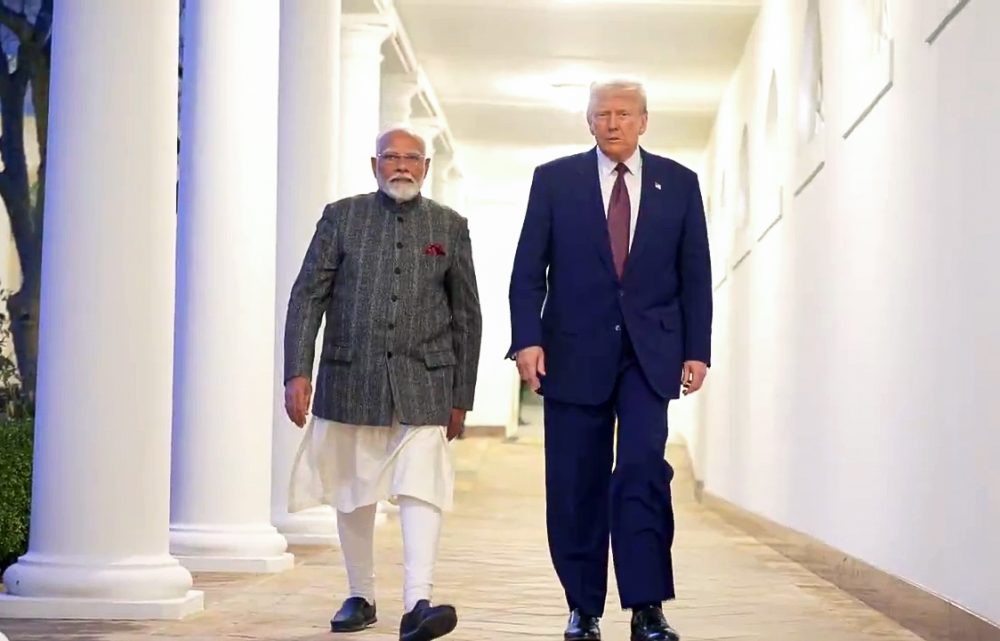No matter how many times one trusts Pakistan it always stings it benefactor, writes Amjad Ayub Mirza
Pakistan Prime Minister Shehbaz Sharif is in New York to attend the United Nations General Assembly’s (UNGA) 77th session.
On September 23 he will address the UNGA. Talking to Pakistan media in New York, Sharif said that his aim would be to make the world community aware of the devastation that monsoon rain has caused in his country, one-third of which remains submerged under floodwater.
The devastation caused by the recent floods in Pakistan is no doubt catastrophic. Nearly 40 million have become homeless, thousands of kilometres of roads and scores of bridges have swept away, millions of rupees’ worth of livestock is dead, crops have gone and thousands are suffering from diseases such as dengue, dysentery, cholera, malaria and typhoid.
But the Pakistani Prime Minister mentioned to the press something that was totally out of context. He said that the ‘Kashmir issue’ will also be mentioned during his address to the UNGA.
This reminded me of a story in which a scorpion approaches a frog and asks it to carry him on its back across the river. The frog hesitates and tells the scorpion that he does not trust it since he might sting the frog.
The scorpion begs the frog to take him across and promises that he will cause no harm to the frog. As the frog carries the scorpion on its back, gets to the middle of the river, the scorpion stings the frog releasing his poison in under the skin of the frog.
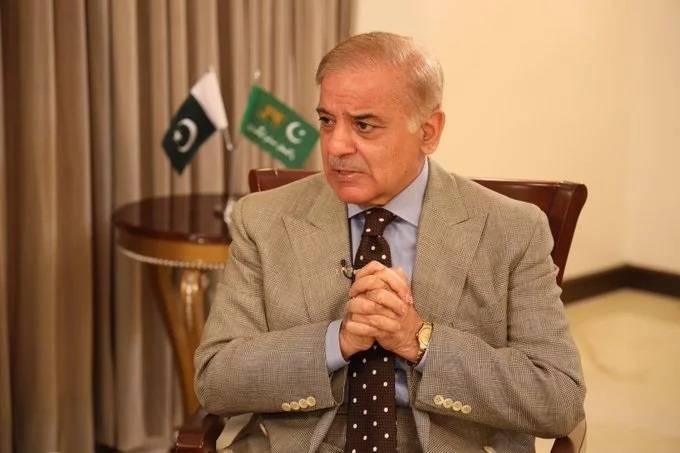
The frog asks the scorpion why it stung him despite promising that the scorpion would not sting him. To this the scorpion said apologetically, “I just couldn’t help it, you see to sting is my nature.”
Pakistan shares the same nature. No matter how many times one trusts Pakistan it always stings it benefactor. At the time of partition of Indian sub-continent in August 1947, Pakistan had signed a stand-still agreement with the Maharaja of the state of Jammu and Kashmir promising to accept the sovereignty of the state. Yet on October 22, 1947, Pakistan attacked the state of Jammu and Kashmir!
In 1999 when Nawaz Sharif was Pakistan’s Prime Minister and was expressing his profound desire to trade with India, his Army Chief attacked our territory in Kargil.
Pakistan was created in the name of religion and communal division. Something that it nurtures even to this day. In order to remain relevant, the Pakistan military establishment has to keep the threat of an Indian attack and an imaginary suppression of Muslims in Kashmir and wider India alive.

Shehbaz Sharif’s coalition government that has been allegedly propped up by the anti-Imran Khan section of the Pakistan military establishment led by its chief General Qamar Javed Bajwa, is only dedicatedly following the official foreign policy line designed for nearly seven decades by the Pakistan military establishment.
On September 29, the Pakistan Tehreek-e-Insaf (PTI) Chairman, Imran Khan is due to address a public rally in Muzaffarabad, the capital city of Pakistan-Occupied-Jammu Kashmir. He will very subtly be portraying India as a hurdle in achieving regional peace by using the Kashmir card and will use the Islamic communal hate card to garner support and prove himself to be a great Islamic warrior who could turn Pakistan into a great fort of Islam, thus laying the ground for future generation to carry the Ghazwa-e-Hind across the India sub-continent.
On September 23, the Pakistani Prime Minister will be asking for the Kashmir issue to be resolved and continently forgetting that it is Pakistan and not India which remains the root cause of the break-up of the state of Jammu and Kashmir and must withdraw its military from Pakistan-occupied Jammu Kashmir, Gilgit-Baltistan.
To talk about Kashmir at a forum extended to Pakistan by the world community to make an appeal to help it with the cost of the damages caused by flood is akin to the story of the frog and the scorpion. To mention anti-Indian communal hate narrative in the backdrop of Kashmir is in Pakistan’s nature.
(Amjad Ayub Mirza is an author and a human rights activist from Mirpur in PoJK. He currently lives in exile in the UK)


